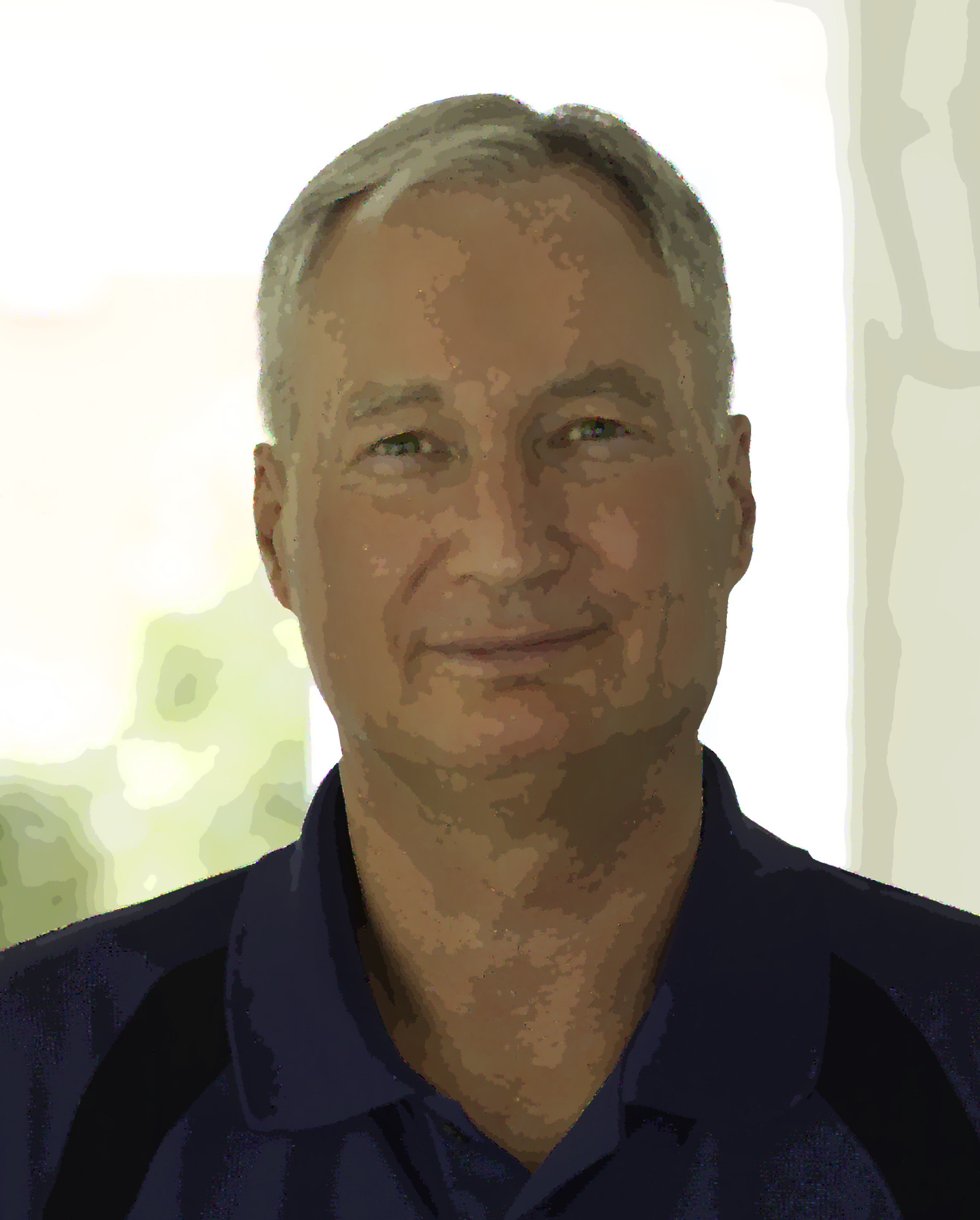|

Research
Driven nonlinear threshold systems are known to be some of the most important and interesting systems in nature. They include networks of earthquake faults, neural networks, superconductors and semiconductors, and the World Wide Web, as well as political, social, and ecological systems. All of these systems have self-organizing dynamics that are strongly correlated in space and time, and all typically display a multiplicity of spatial and temporal scales. They are usually characterized by observable phenomena that can be understood with modern methods of space-time pattern analysis, and by a highly nonlinear, complex underlying dynamics whose evolution in space in time is extremely difficult to observe, understand, or predict.
Our group focuses on developing the theoretical and computational methods needed to understand these classes of driven, non-equilibrium threshold systems, for both the earth and for human systems, including financial systems. We are particularly interested in developing the computational tools necessary to simulate these high-dimensional complex systems within the context of modern, web-based, high performance computing methods using HPC clusters and other types of parallel, SMP machines. We view the development of the emergent, Semantic Grid as a particulary promising technology, and we are pursuing the development of emergent computational paradigms. Computational simulations thus represent a major tool and a major focus of our research. Much of our work is concerned with a particularly important threshold system in nature, earthquake fault systems.
We also focus on a systems approach to the development of simulations of earthquake faults, with a view towards developing the software and theoretical infrastructure needed to understand and predict these potentially catastrophic events. Emergent computing for such systems arising from the grid and clouds will incorporate certain key capabilities to produce the desired effect of digital brilliance. These capabilities will be capable of 1) coupling code execution with code performance; 2) supporting and fusing multiple observational sources; and 3) simultaneously reconciling computations at multiple scales.
A new interest of our group is to develop and implement new ways of managing hazard and risk, especially as it relates to risk from natural catastrophes, such as earthquakes, wildfires, floods, landslides, hurricanes, and the like. We are also beginning to work on applying some of our risk analysis techniques to financial market data, which offers interesting, in many ways, complementary data sets. In much of this work, we collaborate with members of the Santa Fe Institute in Santa Fe, New Mexico.